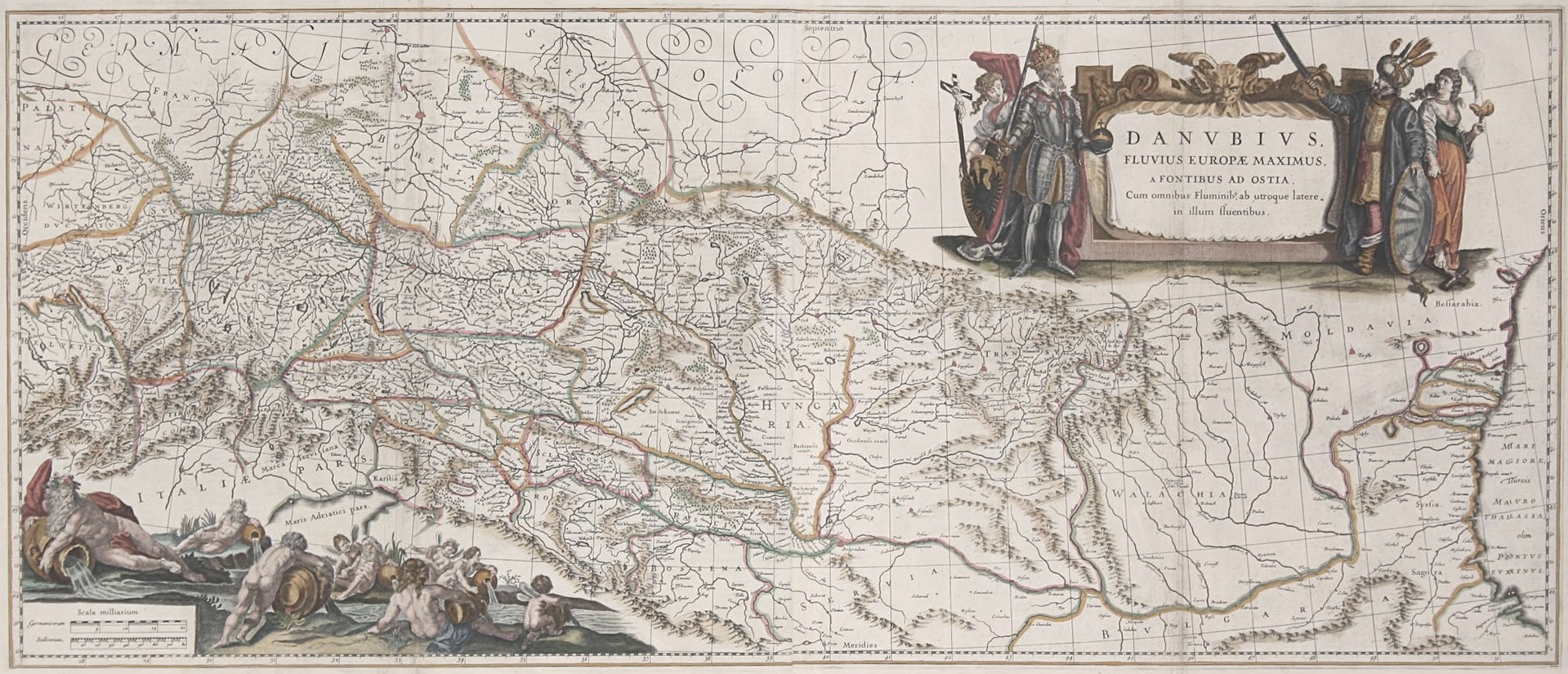NEWS
- Publication on the transport of books on the Danube by Sonja Donabaum in: “Mitteilungen der Gesellschaft für Buchforschung in Österreich” Vol. 2 (2022).
Ongoing since 2008, the Danube River Trade project makes essential sources on the economic history of Austria during the 17th and 18th centuries available by way of open-access databases. Research into the long-neglected networks of trade within continental Europe not only represents the partial fulfilment of a research desideratum, but also supplements and expands traditional themes in economic history such as the florescence of Upper German early capitalism, the rise of trade across the Atlantic and the intensification of global economic relations during the early modern period.
The project is focused not only on individual prominent—and often already well-researched—tradesmen and merchant families, but also on the countless small traders and merchants who formed the bulk of market participants. Analysis of serial sources such as customs or toll registers and municipal sources like weighing and warehouse books can be of particular use in determining the activities of these individuals, who rarely left behind written records.
Work on the Krems Weighing and Warehouse Books is now complete: since 2013 28 years of records have been fully represented in a database, and indices of mentioned persons and places were added to this in 2017/18. The records of the Krems weighmasters allow a multifaceted depiction of the trade activities, merchants and transregional trade relationships at one of the most important marketplaces along the Danube for the period from 1621 to 1737.
In 2013 the staff of the Danube River Trade project also began processing the most extensive and significant serial sources on early modern trade history in the Upper Danube area, the Aschach Toll Registers (1627–1775).
In addition to the databases, this site also provides a comprehensive bibliography and a collection of links on the history of early modern trade in Germany as well as in Central Europe and makes available publications associated with the project.
Peter Rauscher and Andrea Serles


